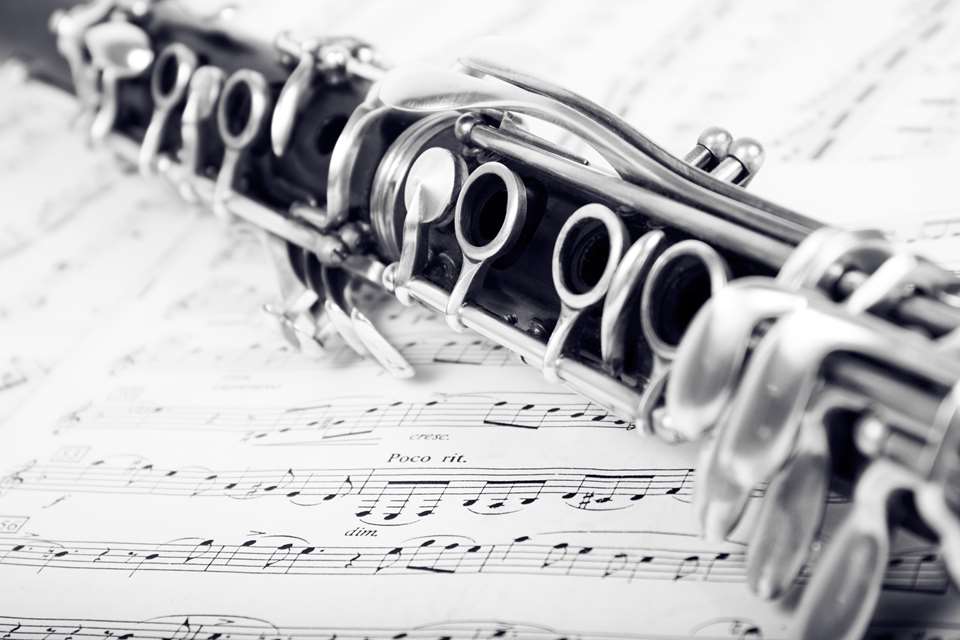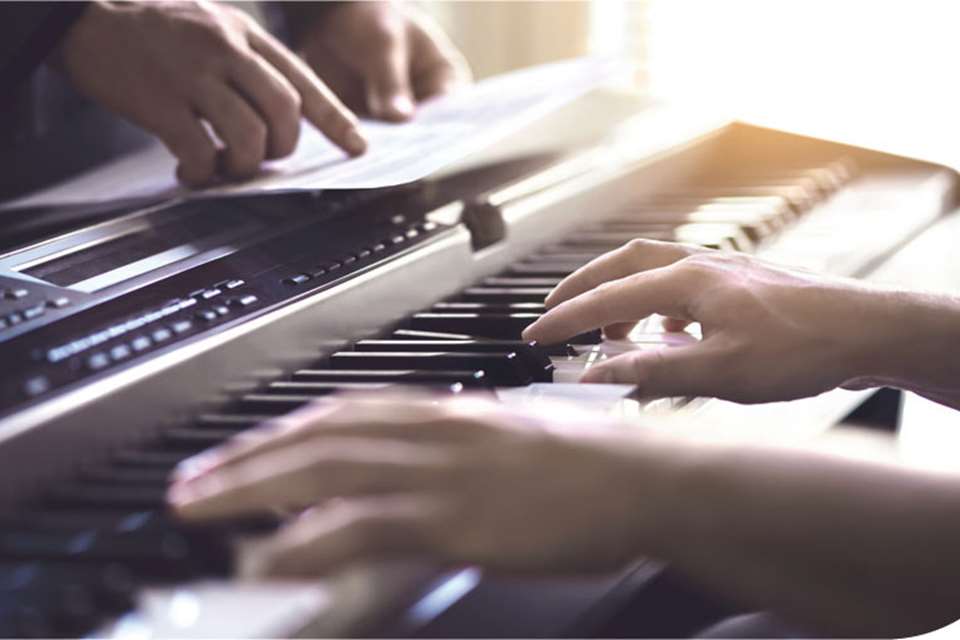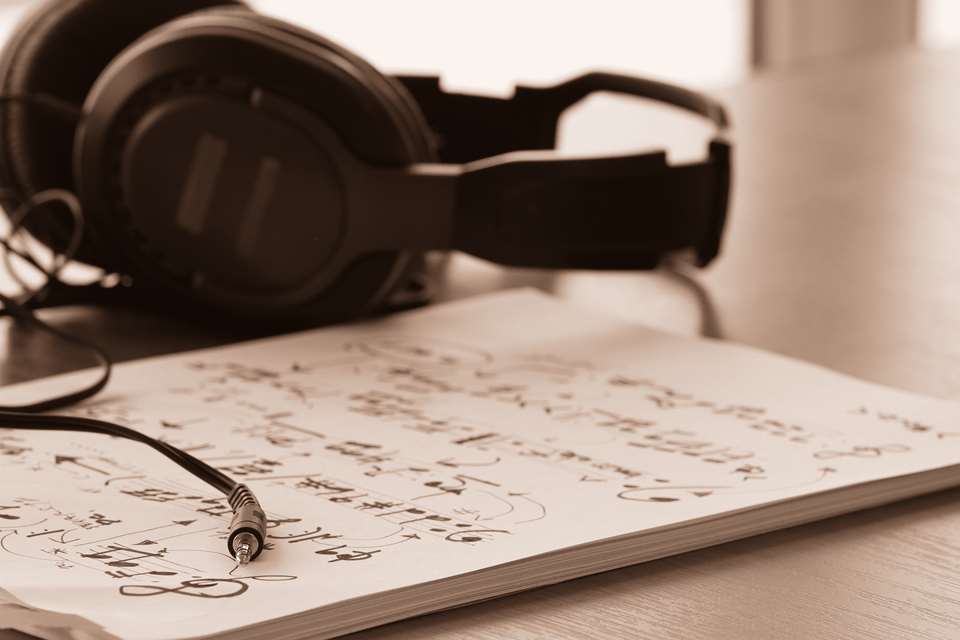Recobbling the way: ABRSM's Chris Cobb
Claire Jackson
Sunday, August 1, 2021
Perhaps unsurprisingly, the last 18 months haven't been totally plain sailing for the UK's largest music education body. Claire Jackson sits down with ABRSM's new CEO Chris Cobb to address the most pertinent questions on many teachers’ minds.
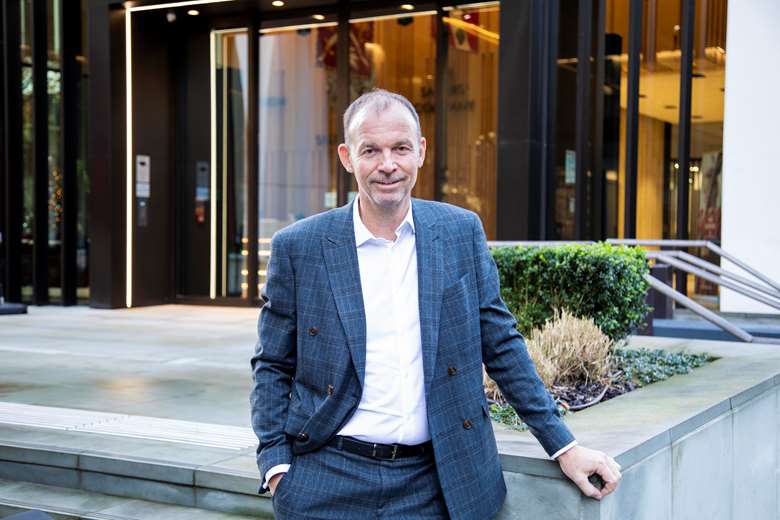
All images: Simon Dutson
Chris Cobb loosens his tie. He's been at a formal meeting, he explains, undoing his top button – do I mind if he removes the formal attire? It's a hot summer's afternoon – one of the first of the season; no one has had time to acclimatise to the muggy heat. We're both working from our respective homes – and of course there's no air conditioning. I look at my reflection on the screen, at the jacket, neckerchief, and lipstick that I have put on especially for this Zoom call. I've closed the window to block out the noise from the neighbours’ children playing in the garden; given the dog an enormous chew toy that should occupy her for the length of this interview. It's an important one: an audience with ABRSM's new CEO is a rare opportunity for me to ask questions on behalf of some of the organisation's key stakeholders – music teachers. Cobb makes himself more comfortable, I take a sip of water, and we begin.
All change
Cobb officially took up leadership of the UK's largest music education body in January, after several weeks shadowing his predecessor, Michael Elliott. Cobb joins the organisation from the University of London, where he was pro vice chancellor. He's full of praise for his new role. ‘I'm really enjoying it,’ he says, ‘The goodwill that surrounds the organisation is something that I really appreciate. I've got a file in my inbox entitled “loyal supporters” filled with emails from correspondents who have be associated with the ABRSM for some years.’ I can understand the filing system; I have a similar folder entitled – rather unimaginatively – ‘nice emails’. But, while I was acting editor of MT at the height of the pandemic last year, I also received a number of messages from readers who were concerned about some aspects of ABRSM's activity.
Most of us were under enormous pressure to change our work practices – along with our entire lives – in 2020. For older, larger companies, this proved particularly challenging. ‘The organisation was agile enough to adjust very quickly,’ says Cobb, ‘Some of the adjustment wasn't as smooth as we would have hoped but I do feel that we've turned a corner. We've added more expertise and we've taken out some of the business problems. For example, when we launched the theory exams last year, we kept them cyclical, as they always had been, and we ended up with customer-enquiry bottle necks [ABRSM had 29,000 entries for its last tranche of theory exams]. On-demand assessments are better for the examinees and logistically it is easier for us to manage the volumes.’
Measuring musicianship
ABRSM (Associated Board of the Royal Schools of Music) was founded in 1889, when Alexander MacKenzie, then principal of the Royal Academy of Music, joined forces with George Grove, director of the Royal College of Music to create a new examining body. In time, the Royal Conservatoire of Scotland and the Royal Northern College of Music were added to the group, and now over 650,000 candidates in more than 90 countries sit ABRSM exams each year. The organisation's heritage means that many teachers remember taking ABRSM exams themselves.
In fact, one of my most sacred childhood memories is of my father taking the day off work whenever I had a grade exam – my mother says she was always too nervous to join us. The recitals were nearly always in a church hall, with limited spaces to warm up, so I used to play my flute in the car. My parents, who weren't instrumentalists, knew that no matter what my future held, these ABRSM grades would be useful. They provided me with experiences I didn't get at school, and each pass – well, distinction; this is not the time to be coy – gave me the confidence to continue with my music studies. Although he didn't take ABRSM exams himself, Cobb agrees that the process provides a vital stepping stone for many young people. ‘It gives you something that's not necessarily about music – it's about confidence and a lesson in life, and I think that's really valuable.’
There has been some concern in recent months, from a small number of people, that the quality of this experience might have diminished in recent years. ‘That has been expressed to me, but the data doesn't support that argument at all,’ Cobb says, ‘I think there are some dots being joined incorrectly.’ Addressing feedback about the theory exams, he says, ‘The redesign of the theory to a digital platform was done for pedagogic reasons. The format was developed and digitalised – we haven't simplified the actual exam. There has been no grade inflation on the theory exam, and the same is true for the performance exams. It is uncannily close over the years. In the future, there are other things we would like to explore; other ways of measuring musicianship, such as composition and improvisation. There's a range of opportunities out there – but at no point would I want any denigration of the standard.’
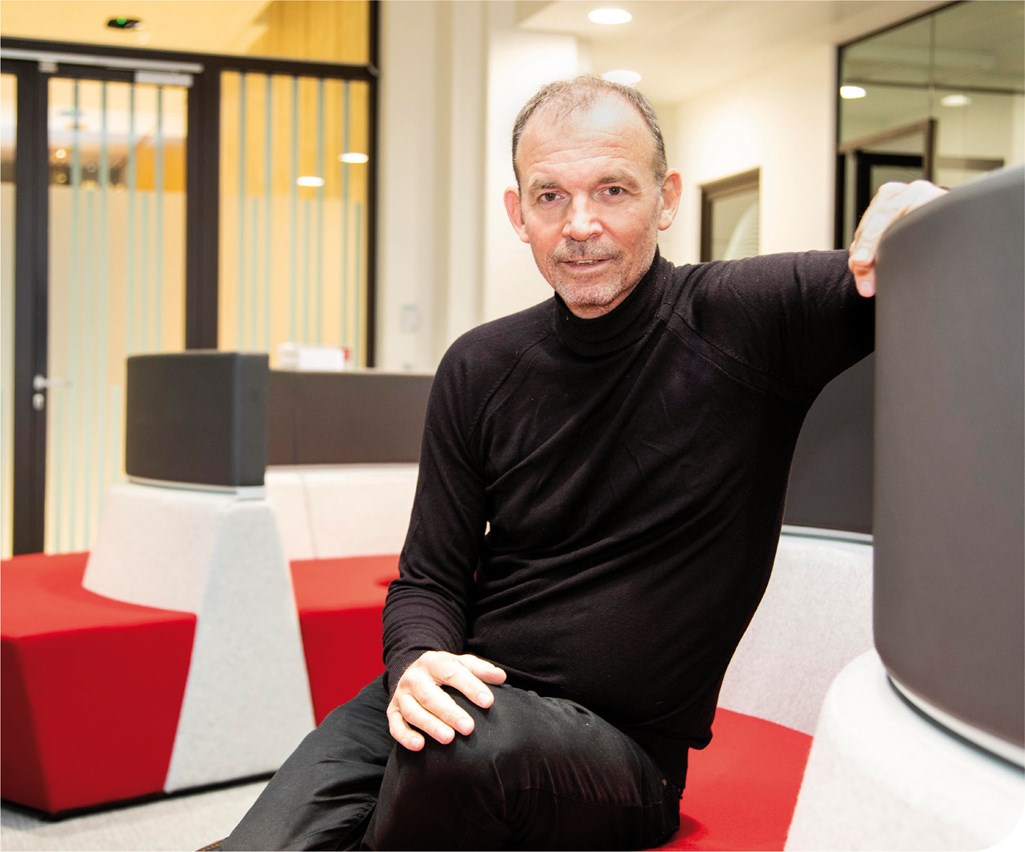
Strength in numbers?
ABRSM's syllabuses have also come under fire for their lack of diversity. Chineke! Foundation commissioned Austin Griffiths, a senior teaching fellow at University College London, to analyse the pieces featured in 15 orchestral instruments up to Grade 8. Griffiths found that music written by white composers comprises 98.8 per cent of the 3,166 pieces on the latest exam syllabuses. The tide is beginning to turn: over 4,600 people signed teacher Grace Healy's 2020 Change.org petition to address the poor representation of people of colour in the 2019–20 piano syllabus and both Classic FM and the Guardian – along with MT, of course – picked up on the story. In June, ABRSM put out a statement on its website: ‘The murder of George Floyd and the Black Lives Matter movement have made us, like many organisations, stop and think about prejudice and bias. As one of the UK's leading music education organisations and a significant commissioner of music, we have a responsibility to challenge any practices that allow prejudice to persist, and to embed sustainable change.’
Cobb says he is committed to making the necessary changes. ‘We're just about to launch our woodwind syllabus and there's a great range of music,’ he says. ‘We've really gone through it root to branch.’ This includes commissioning 18 new pieces, with one third from Black, Brown, and Indigenous People of Colour (BBIPOC) composers, 11 (61 per cent) from female composers, two from other non-white composers, and one piece from a disabled composer. There's a total of 30 BBIPOC composers, including YolanDa Brown, Errollyn Wallen and Duke Ellington; and five per cent of flute syllabus pieces (up from one per cent in 2018) are by BBIPOC musicians and 16 per cent by female composers (previously eight per cent). Of course, embracing diversity requires so much more than simply amending syllabi – Cobb is keen to address that within his own team, with a new board appointment on the way. He is also quick to highlight the multi-faceted nature of diversity and expresses ABRSM's desire to support the LGBTQ+ community – ABRSM changed its logo to rainbow colours to mark Pride month.
Safe pair of hands
In addition, Cobb plans to extend ABRSM's international reach, develop new support for music teachers and explore new ways of harnessing the organisation's partnership with the four Royal schools of Music. ‘The Royal Schools are so supportive of ABRSM – and us of them – this past year has really united us,’ he says. ‘I'd like to be able to draw on their expertise as much as possible to support teachers.’ As a life-long music lover – Handel, Paul Weller and Red Hot Chili Peppers were on his playlist in the week we spoke – Cobb had early dalliances with the cello and the school choir. In an anecdote that will no doubt send chills down many teachers’ spines, Cobb recalls a report that reflected on his own musical abilities: ‘There are three types of people: composers, performers and the audience. You should stick to the latter.’
In fact, there are many musical roles and administration is a crucial one, particularly at Cobb's level: as a charity, ABRSM invests more than £6m in music education every year. ‘This is not a staid organisation; we are committed to looking at new approaches and opportunities,’ says Cobb firmly. ‘I hope that those who have been critical about some aspects of their ABRSM experience will have the patience to come back – I think if they did, they would see something very different. ABRSM is something to be treasured and I would like people to feel that it is in a safe pair of hands.’
No doubt music teachers will be watching the upcoming changes at ABRSM with interest as Cobb gets his feet firmly under the table. The exam board is going to have to work hard to regain any trust it has lost, but we wish Cobb luck and look forward to seeing what the future holds.


